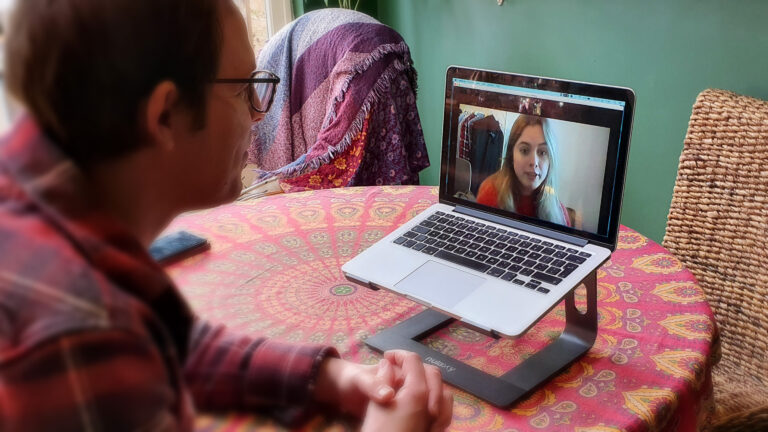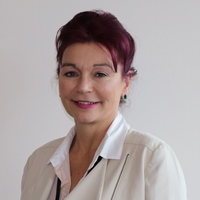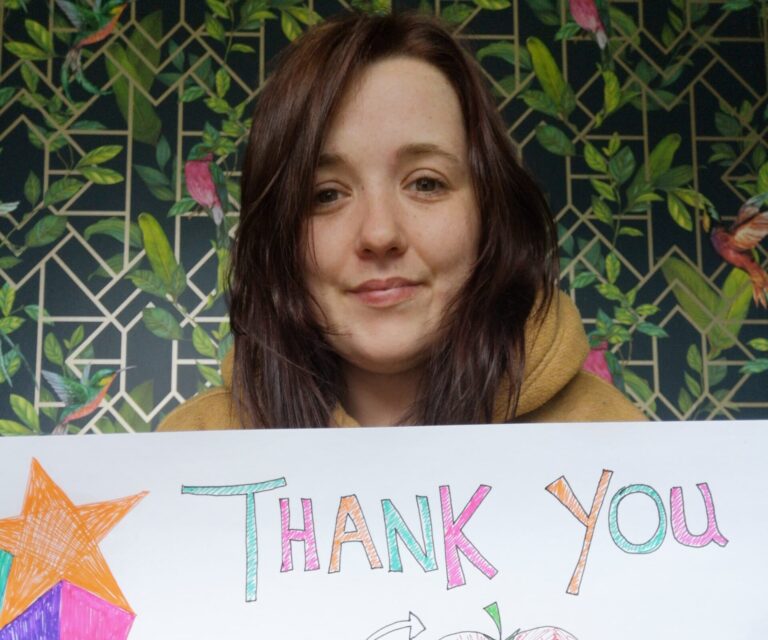
Coursework beats exams any day
First published on the NAVCA website When recruiting a new team member during the Covid 19 pandemic, VODA (NAVCA member from North Tyneside) attempted to

First published on the NAVCA website When recruiting a new team member during the Covid 19 pandemic, VODA (NAVCA member from North Tyneside) attempted to

Ali Donkin NT LIFE Recovery College Lead Coordinator usually spends her days as the friendly face of NT LIFE facilitating sessions at The Hub in
Ian Dodds, VODA’s Sector Connector Manager usually spends his days connecting businesses and the VCS together, arranging free training, free and discounted services, finding ways
From the role of the great thinker, to lugging food boxes around the North Tyneside Council support hub, COVID-19 has certainly changed the day to

Josie Robinson, VODA’s Ending Loneliness Project Coordinator talks about the drastic changes in her daily working life since the start of the COVID-19 pandemic and
In the first in a series of Q&A’s, we’re taking a look at the impact of the COVID-19 crisis on the VODA team, in particular
All Rights Reserved